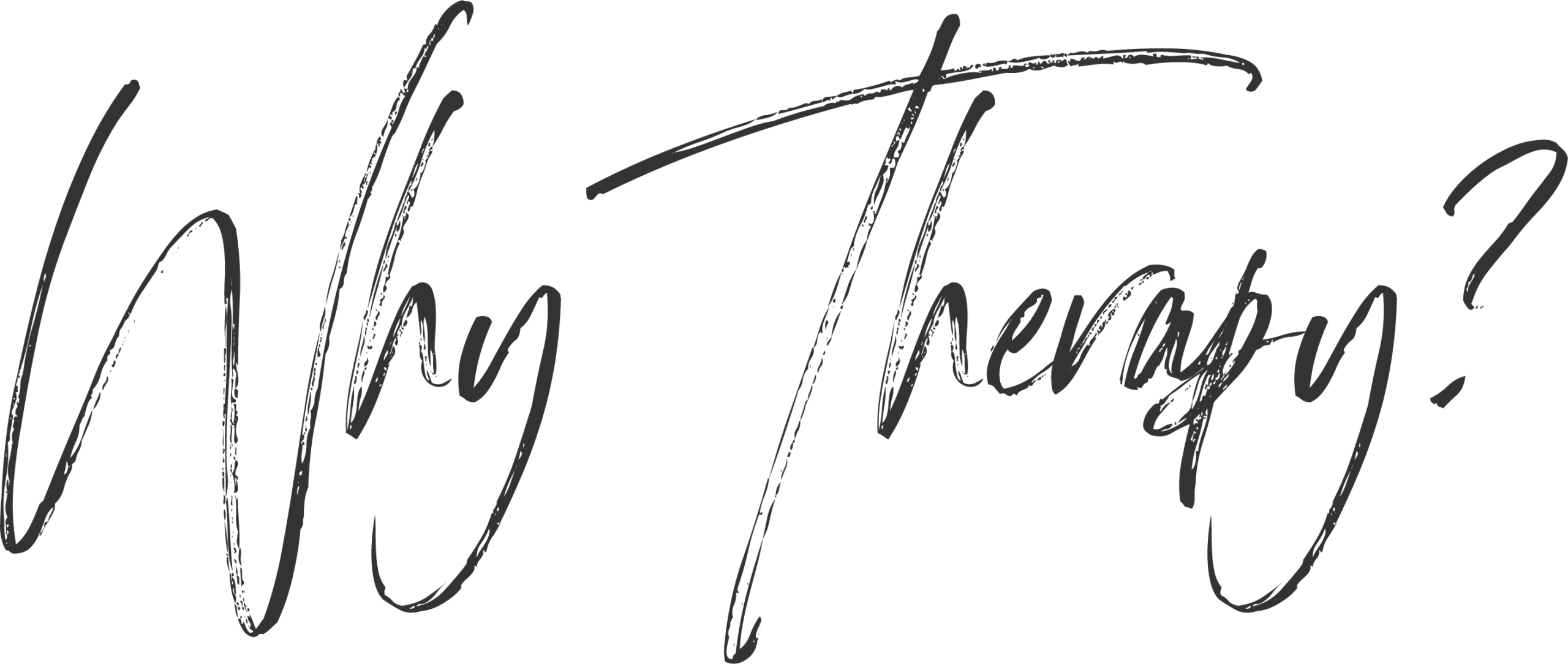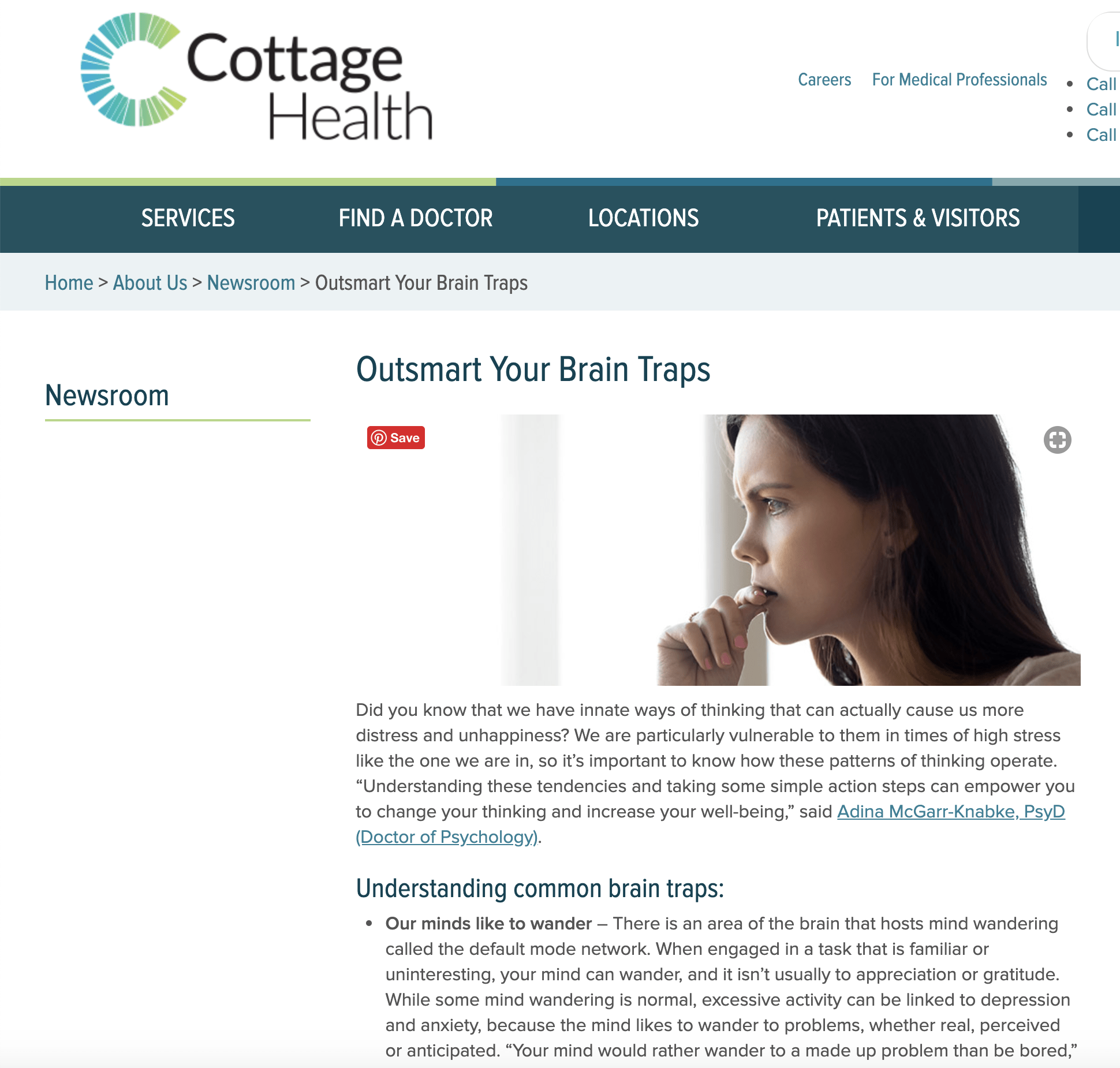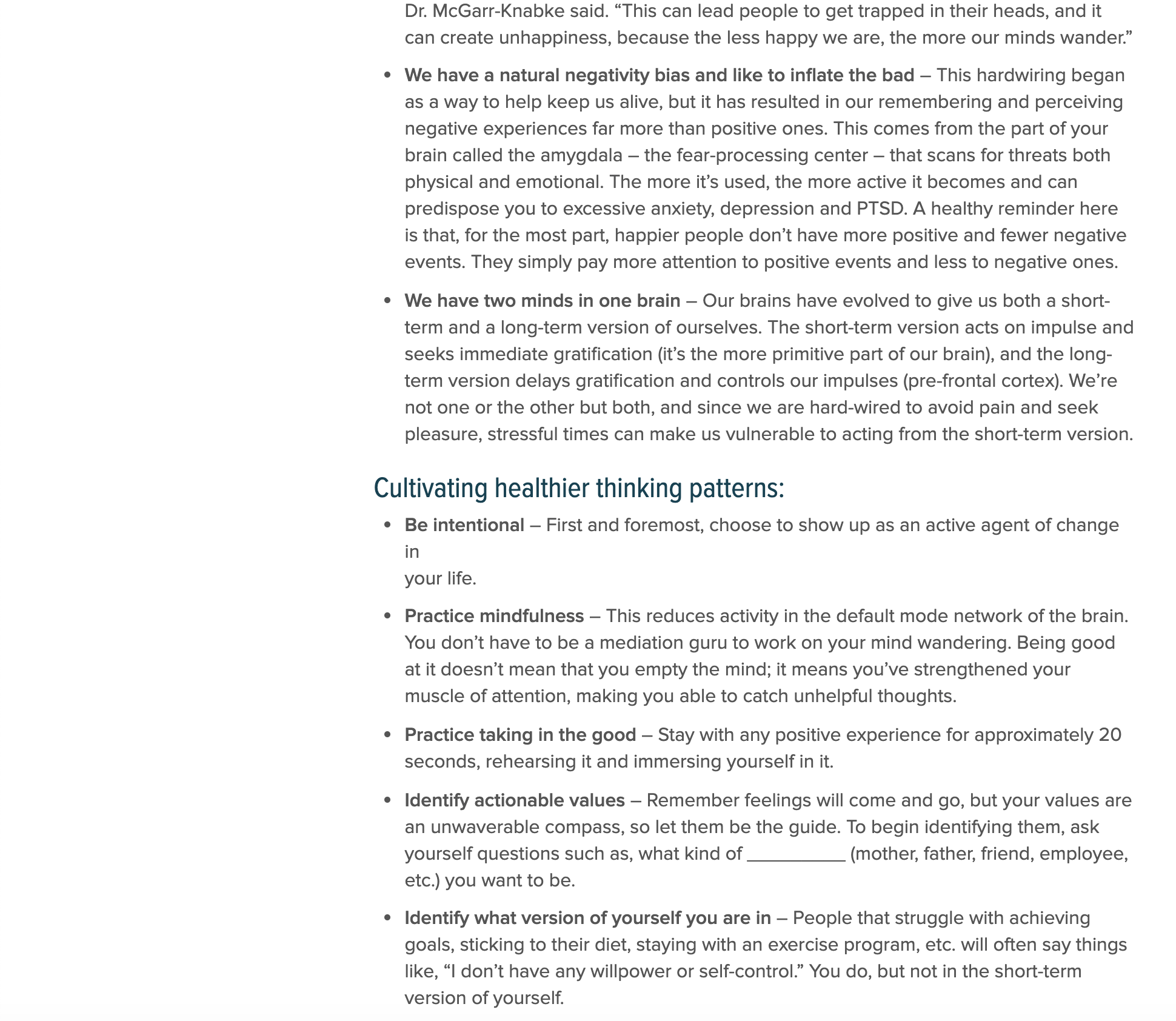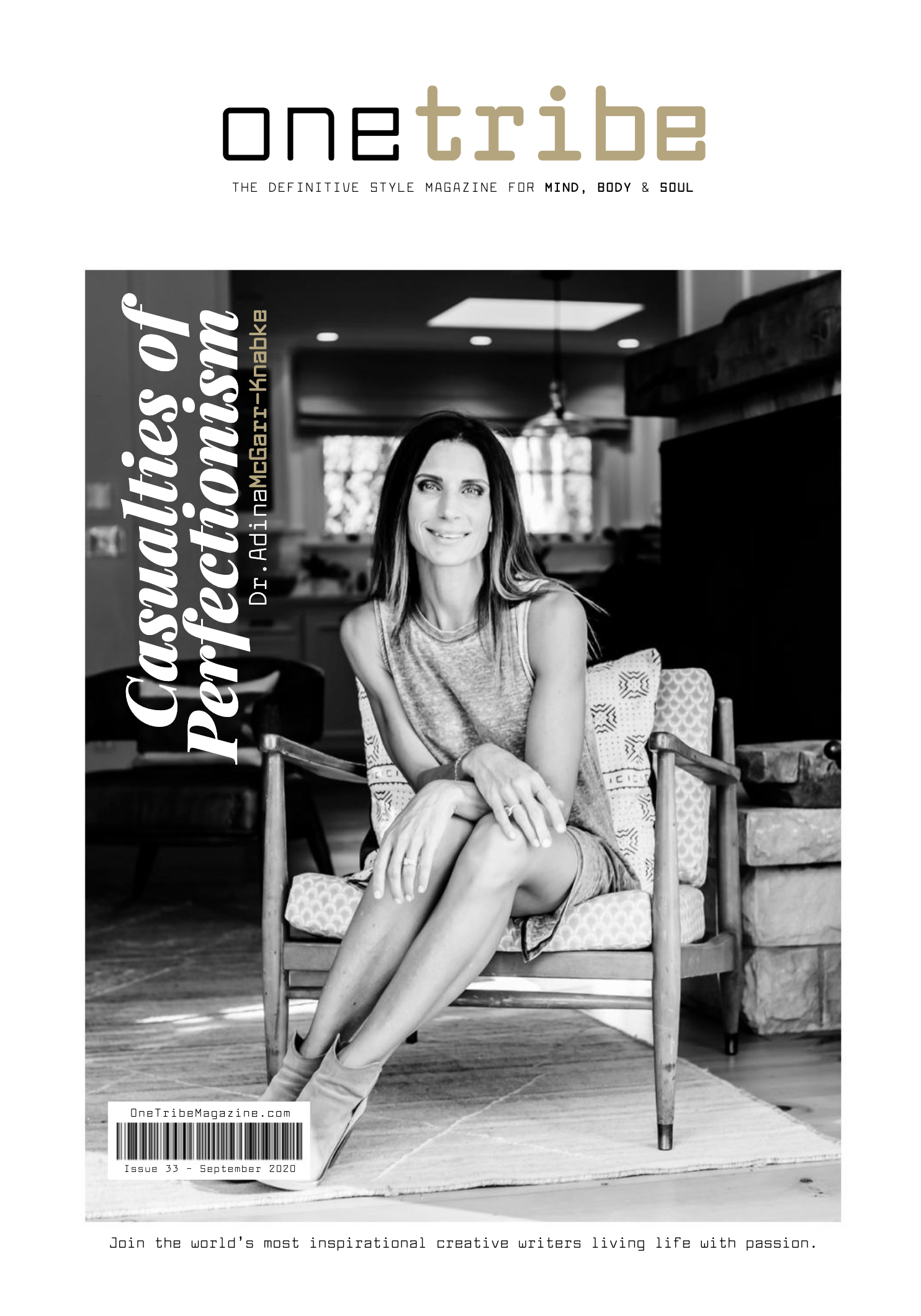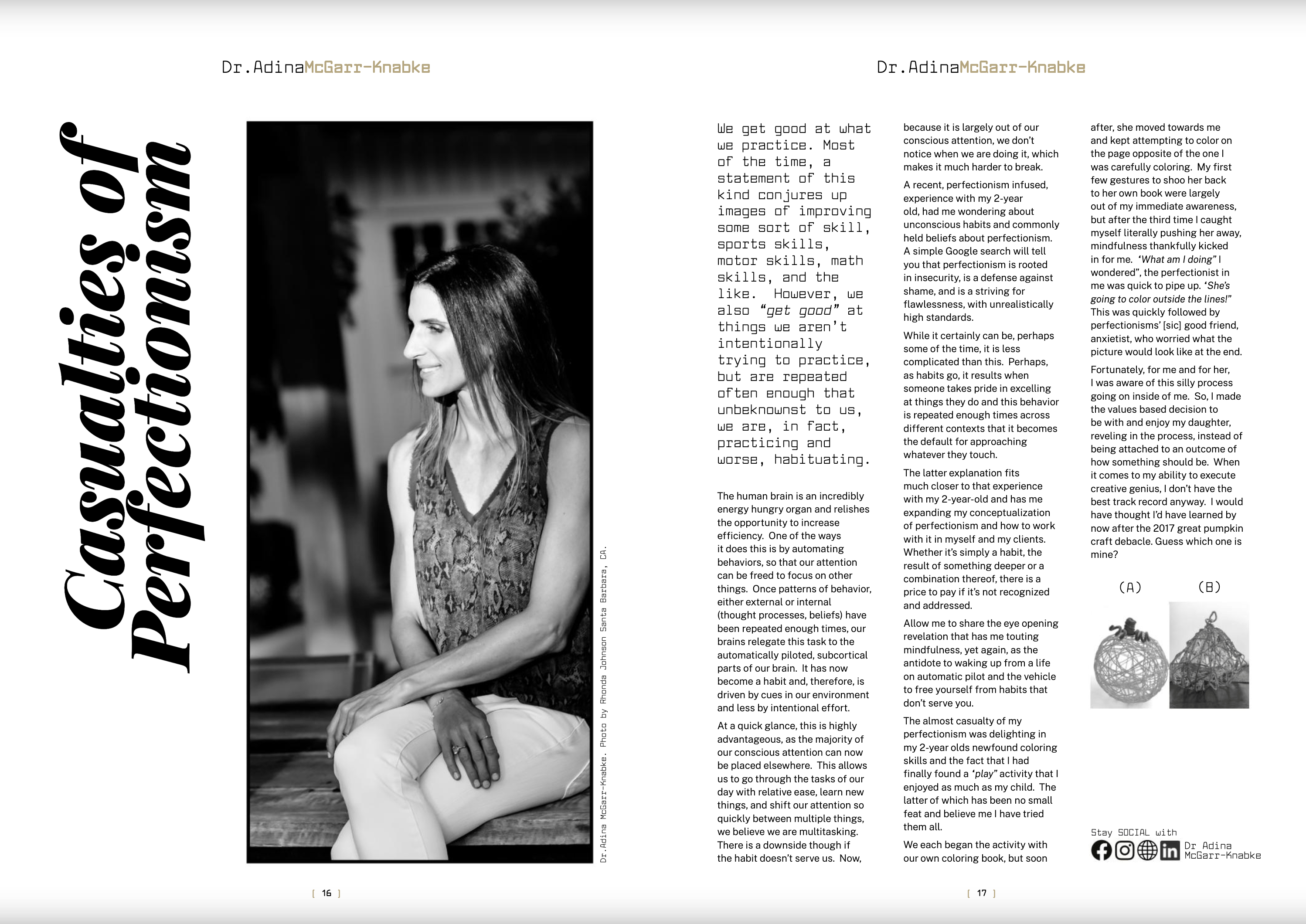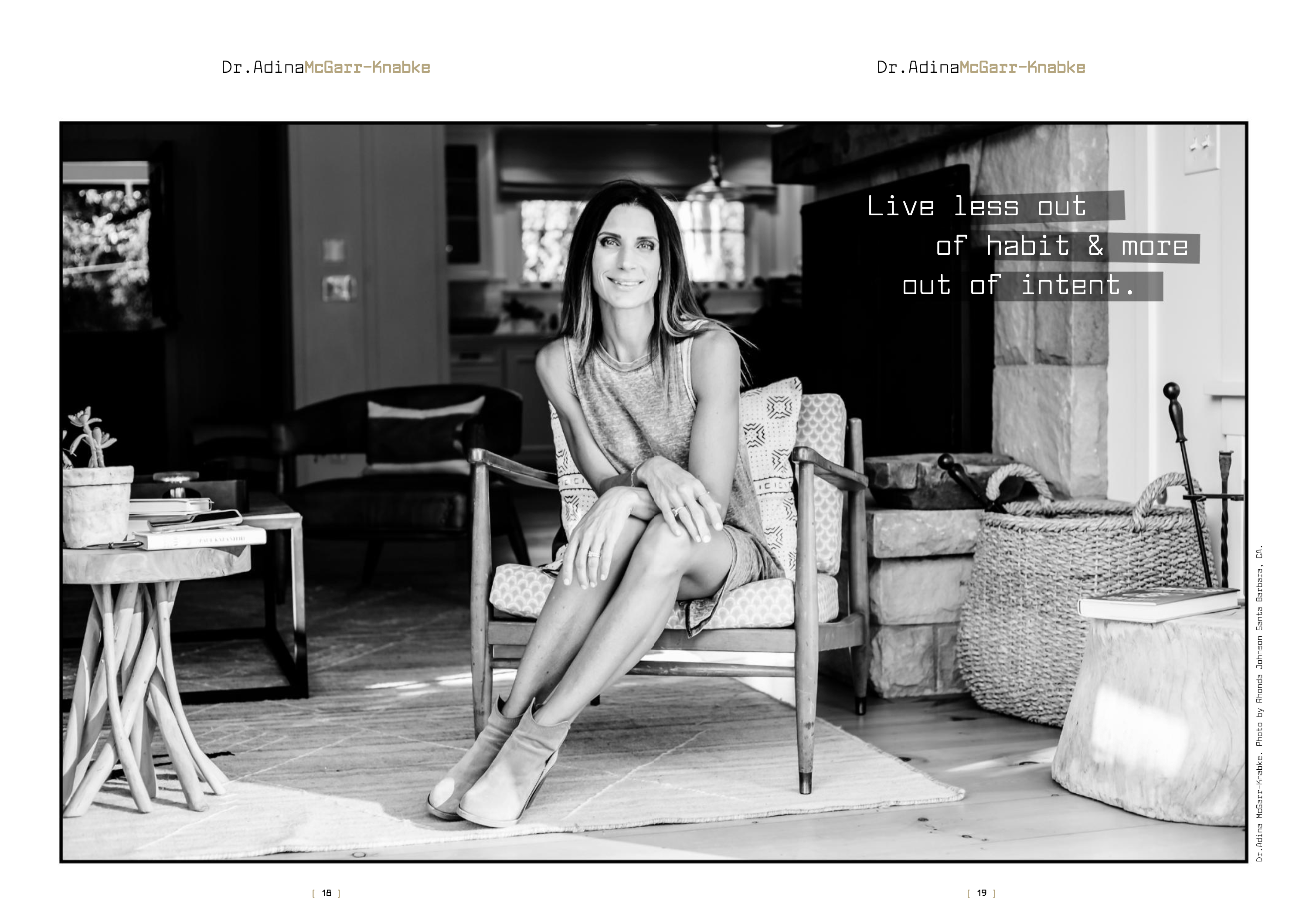
by Dr. Adina McGarr | Jan 15, 2021 | Press
How to Step Into the Life You’ve Been Waiting For ft. Dr. Adina McGarr-Knabke
When life gets busy and stressful, our minds can sometimes get the best of us and make tough situations even more difficult than they already are. It’s easy to let anxiety take over your ability to think rationally in challenging circumstances. That’s why it is incredibly important to continually work to improve your mindset so that you can handle difficult situations when they arise. In turn, you can drastically change your whole outlook on life.
Dr. Adina McGarr-Knabke is a psychologist in private practice. Dr. Adina provides psychotherapy and consulting to help busy and professional women improve how they feel about themselves.
Her own therapy experience drove her to want to become a psychologist for others, providing a welcoming and transformational space for her patients. Firsthand, she has seen how the meaningful relationships she’s created with her patients have affected their lives for the better and how impactful having a safe space for your frustrations and worries can be.
In this episode, Dr. Adina helps us identify the common ways that our brain can “trap” us into unhealthy patterns of anxiety and how to overcome them. You will find out how to recognize these patterns in your thought process and learn to truly show up as the best version of yourself every day.
Listen now to hear the three ways you could be self-sabotaging yourself and how to change your habits for the better!
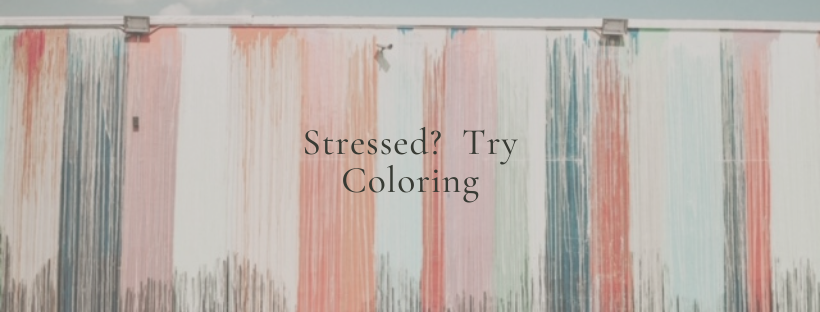
by Dr. Adina McGarr | Nov 3, 2020 | Anxiety Disorders
The collision of my professional life and motherhood has been a bit of a bumpy road. It’s a bit cliché, of course, but nothing prepares you for parenthood. Fumbling through sleepless nights, difficulties in soothing a crying baby, the angst that comes from letting go of a life before motherhood, these were all things that I was somewhat expecting.
What I was not expecting were the tantrums, rigidity, extreme sensitivity, separation anxiety, perseveration, and meltdowns that were still happening upwards of 5 years old. As a psychologist, this was especially confusing since I am well versed in child development literature, attachment theory, healthy communication strategies, and effective methods of parenting. Yet, despite copious research, knowledge of the brain, and no shortage of parenting books, I was challenged to find a way to help my son regulate himself when an emotional tsunami came our way.
THE ART OF COLORING
After one failed technique after another, we landed on coloring by happenstance. Initially, I was just grateful to find a “play” activity that he and I equally enjoyed doing together. Don’t get me wrong, I love being with my son, but a part of me was always left uninspired by LEGOS, dump trucks, paw patrol, and the like.
The more we colored together, the more I noticed that the activity seemed to soothe him and he would delight in improving his ability to stay within the lines. Coloring not only calmed him, but was becoming something that helped him to feel good about himself. It was not lost on me either that beyond finding an activity that I finally enjoyed, it was relaxing and meditative for me as well. The joy and satisfaction I derived out of creating something beautiful seemed to be the icing on the cake and what I thought was the end of the story, as far as coloring was concerned.
Coloring Isn’t Just for Kids
Enter my professional life. As a psychologist, my therapy with clients is insight oriented, values driven, and steeped in principles that utilize the mind to elicit brain change. I emphasize helping clients change their relationship to uncomfortable emotions and experiences rather than avoiding, suppressing, or simply trying to distract themselves.
I believe that, as a culture, we need to do a better job of building emotional resilience, strengthening one’s muscle, so to speak, to tolerate being uncomfortable without acting out. Needless to say, it wasn’t my practice to recommend a technique, like coloring to distract, because I feel it misses the point.
I, wholeheartedly, believe this to be true AND yet sometimes being with the emotion or experience is too much. Sometimes being immersed in it means a client will binge, ruminate, obsess, drink, or act out in some other way, even though they desperately want to change this behavior. This is confusing to them and to loved ones, but when you understand what is happening in the brain, things begin to make a little more sense.
Simply put, we can’t make good use of the part of the brain that delays gratification, thinks about our long term goals, chooses what’s best for us, etc. if other parts of the brain are dysregulated (i.e. imbalanced because of too much fear, anxiety, cravings, stress, etc.).
Building a Bridge
This is where distraction and self-soothing come in and this is where the art of coloring answers both calls. Calling to mind the soothing and self-regulating effects of coloring for my son, I was curious if the research supported my anecdotal experience.
Confirming what I suspected, the research is clear on the self-soothing and calming aspects of coloring. Encouragingly, it also shows its effectiveness in reducing stress and anxiety, as well as preliminary support for reducing depression. In addition, coloring can increase mindfulness, which is our focus of attention on the present moment. This is an added bonus, as mindfulness inhibits mind wandering, reducing stress and stabilizing mood in the process.
The next time you’re met with the storm inside, try it, you may be surprised at the gift it brings.

by Dr. Adina McGarr | Oct 9, 2020 | Press
I am a licensed clinical psychologist and consultant. I specialize in using science-based information and strategies to help my clients change their mindsets, increase self-worth, and overcome negative coping mechanisms. Areas of specialty include anxiety, eating disorders, and empowering clients to use their mind to change their brain, so that they may reach their potential.
If you are considering therapy, are suffering, or are not satisfied with your life, important questions to ask yourself include “do you find yourself held back in life by your depression, anxiety, addiction, eating disorder, low self-esteem, etc? Are you waiting until you’re ‘better’ to begin certain goals, be more social, be a more loving partner/mother/friend, or start that exercise program you know would be good for you? Are you confused by behaviors that you keep engaging in that you are not good for you, but you can’t seem to stop? Have you been able to give up an unhealthy coping mechanism, only to have it replaced by another unhealthy one?”
If the answer is “yes”, to any of the above then starting therapy is absolutely the first step in the right direction.

by Dr. Adina McGarr | Oct 9, 2020 | Press
Captain Your Life: 3 Things You’re Doing That Sabotage Happiness
Five steps to living a happier life.
Are you waiting to be in a better mood or to feel less anxious? Are you waiting to feel more confident and motivated? Are you waiting till tomorrow to do what you really know should be done today?
I was…. There was a period in my early thirties when I remember thinking to myself “I didn’t used to be this way. I wasn’t as anxious, irritable, or as pessimistic as I am now. I would have this thought repeatedly and though I wasn’t necessarily putting it together at the time, I was waiting for something to happen for me. I was waiting to “magically” return to my less anxious, less irritable, happier, more upbeat self.
The irony is, as a psychologist, I was fully aware of the brain’s ability to change in response to experience (neuroplasticity), I had just neglected to consider that it can also change for the worse. Our brains sculpt itself around the most attended input and if that input is anxious thoughts, fear, negativity, personal hurts, self-doubt, insecurity, etc. these will all multiply and the networks that host them will become stronger.
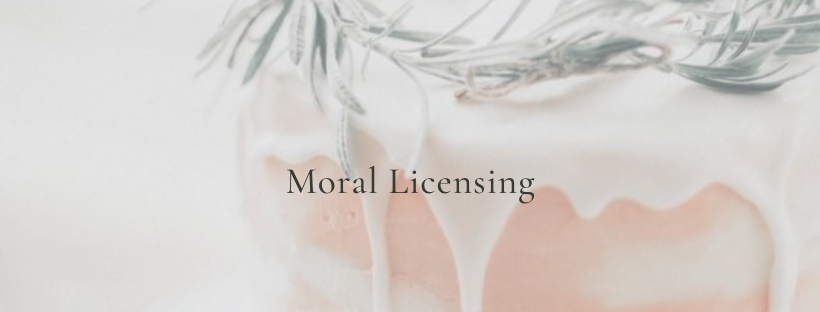
by Dr. Adina McGarr | Aug 31, 2020 | Mindset
Do you ever find yourself giving yourself permission for a reward or to be a little bad? Be it an extra piece of dessert, another glass of wine, a new purchase, or a day off from exercise, if you’re human, there is a good chance you have experienced something of the sort. There is a term for this fancy trickery of the mind, it’s called moral licensing, and you’ll want to know about it because it may just be getting in the way of you reaching your goals.
To illustrate how easy it is to slip into this trap, let me share my very own most recent experience of moral licensing.
You see, last week I wrecked my car. A complete “at fault” accident caused by my own lapse in attention.
Thankfully, no one was hurt, which actually wasn’t shocking since I was barely moving. However, given the caved in appearance of the front of my car and the fact that the autobody shop said I should not have driven it to the shop, I might as well have been driving 50 mph into an oversized metal arrow.
As an aside, from the topic at hand, I’m now in a rental car that says “Famous Potatoes” on the license plate. No offense to anyone from Idaho, but this is not something I would want to be advertising on the back of my car. Nonetheless, I am grateful that my insurance covers a rental car, especially since it has been a week and I still haven’t even gotten an estimate back.
Back to that eventful day, I had just picked up my son’s homeschooling materials and had also received notice from my nanny that she couldn’t work for us anymore. Great, I have no childcare, I am now a homeschooling, working parent, and I wrecked my car.
Enter moral licensing and I wasn’t even trying. Needless to say, I was having a “bad” day, so naturally my mind started looking for ways to create a little joy, i.e “I deserve” a reward. I found myself crafting what this would be and why I didn’t need to feel at all guilty about it given the events of my day.
At a quick glance this mental manipulation may seem harmless, but it often interferes with goals and values we have. This is because we make decisions and judgments based more on a gut feeling than pure logic. If we “feel good” about the decision to break our diet, spend money, etc. it gives us permission and reason to do it even if it flies in the face of our goal to lose weight, save money, and the like.
The next time you find yourself basing a decision on whether you’ve been “good” or had a “bad” day, know that moral licensing is at play and remove it from your decision making process. This will help keep you more consistent with sticking to your goals and living a life aligned with your values.

by Dr. Adina McGarr | Jul 16, 2020 | Press
Did you know that there are Brain Traps that hold us back from believing in ourselves, creates more negativity, and get in the way of achieving long term goals? In this episode of the Steven de Cuba’s Podcast, Dr. Adina McGarr-Knabke covers the 3 brain traps that keep individuals from being actionable.
Dr. Adina McGarr-Knabke is a licensed clinical psychologist in private practice in Santa Barbara, California. She specializes in anxiety, eating disorders, and addiction, but has a particular interest in helping busy professional women become more empowered to live their valued life, without being burdened by anxiety, unhealthy coping mechanisms, or negative mindsets. She has presented on The Neurophysiological Aspects of Addiction, Eating Disorders, Body Dysmorphic Disorders, and Affect Regulation.

by Dr. Adina McGarr | Jul 16, 2020 | Mindset
Let me offer you a brilliant piece of advice, (if I do say so myself). If you want to feel inspired, shift your mindset, experience more gratitude, be more positive, or an iteration of any of these, there is something you must do AND it’s incredibly simple. Fill your mind with inspiring content, plain and simple. Whether that is in the form of podcasts, social media, magazines, books, blog articles, etc. The format doesn’t matter, but the content does.
Unfortunately, there isn’t a shortage of stress, fear, bad news, worries, violence, hardship, etc. AND, like a train wreck, our attention is naturally drawn to it. With this in mind, be a critical consumer of your media diet and be intentional about filling yourself with information that will enliven you.
Speaking of, I’m so honored and grateful to be part of and to write for a new community, myself, called OneTribe. It is a personal development magazine dedicated to transforming the way we see ourselves and the world around us. If you’re interested in mind, body, and soul, join the tribe!
If listening to your inspiration is more your jam, I’ve got that covered too! My podcast episode with Steven de Cuba dropped today! You can listen to “Three Brain Traps that Hold Us Back from Believing in Ourselves” on Apple or Spotify. It is a conversation you don’t want to miss! This episode is for anyone who wants to learn how to be happier, experience less anxiety, reach your goals, AND shed belief systems and thoughts that don’t serve you! I am beyond thrilled to share it with you!!!
You can also get my PDF Captain Your Life, which has all of the golden nuggets I discuss in the podcast. You will be on your way to being more inspired, less anxious, and with tools to empower you to live your valued life.







